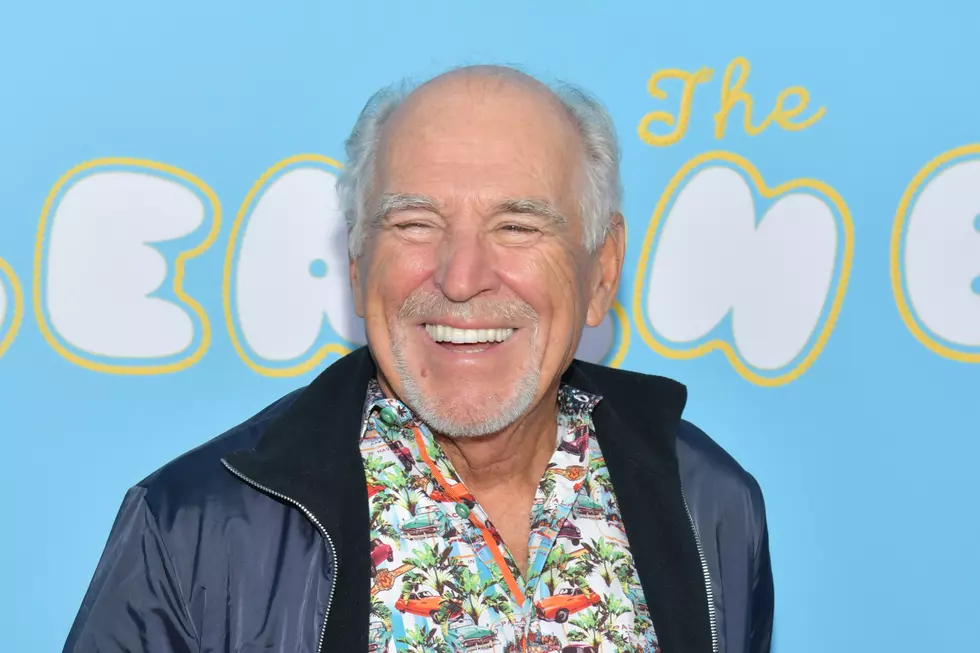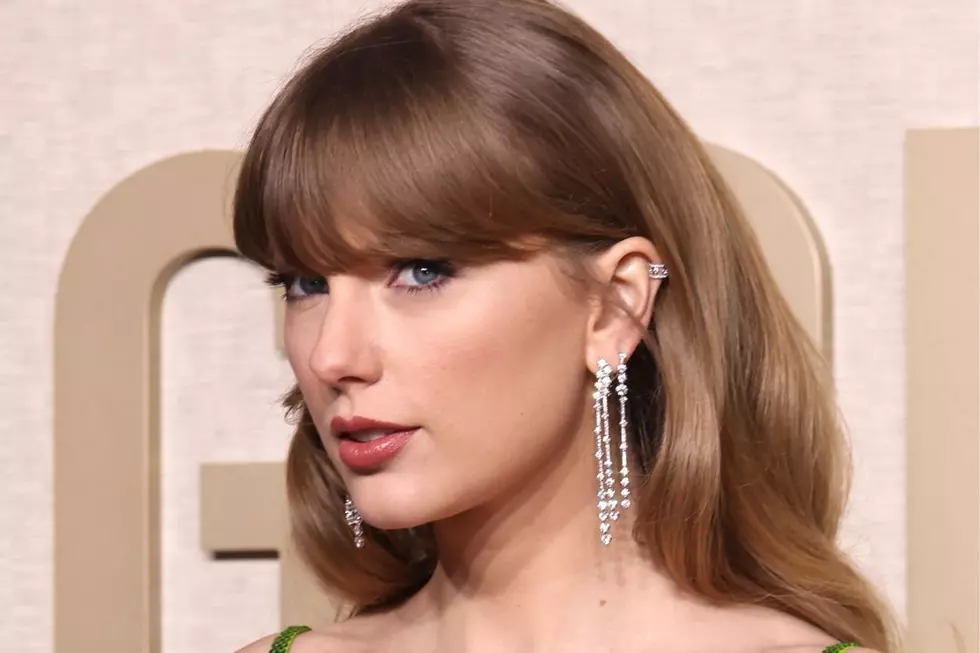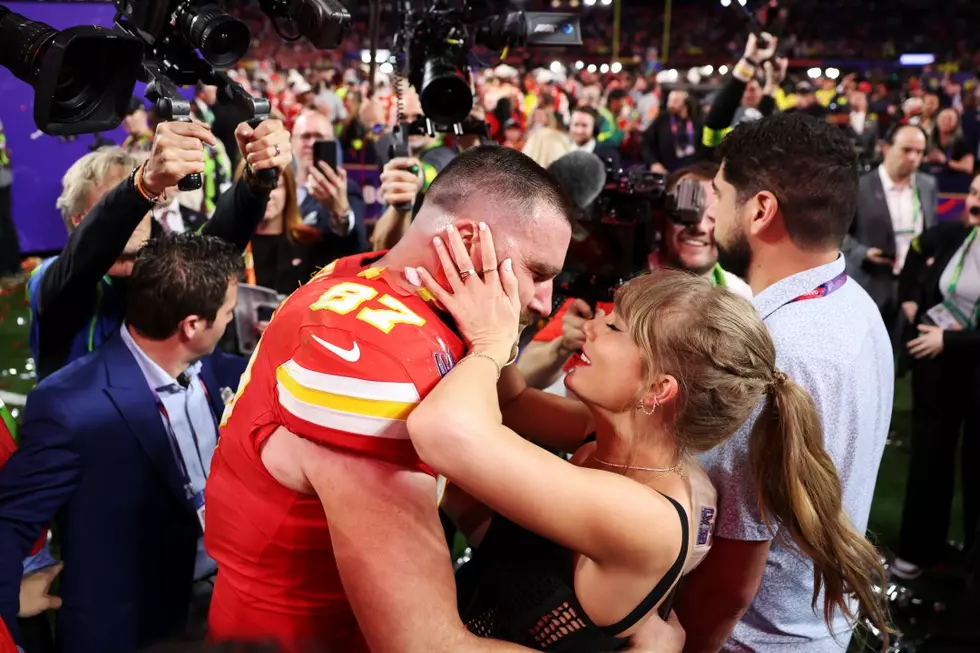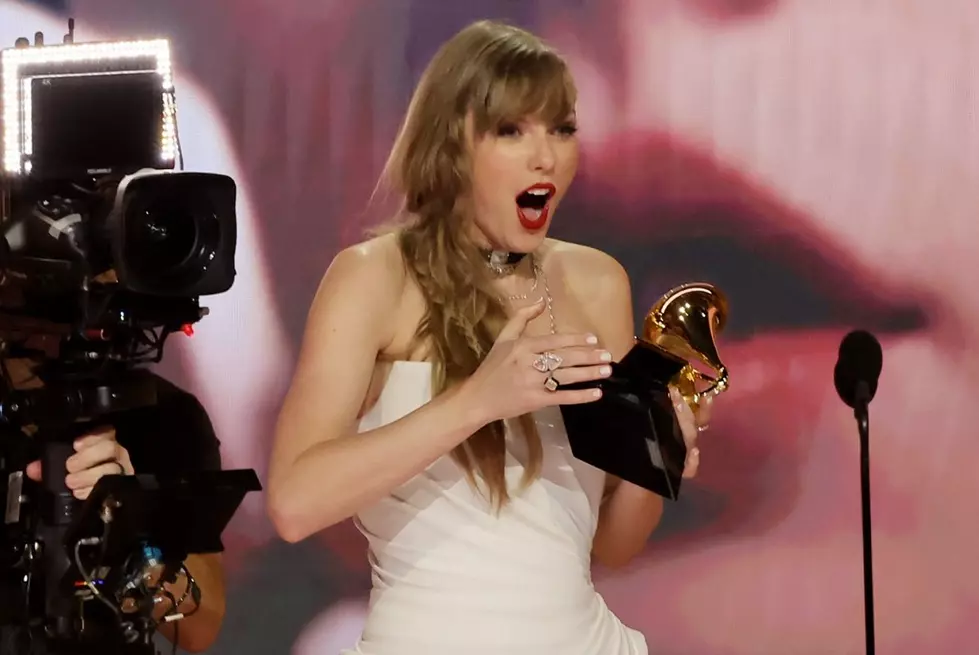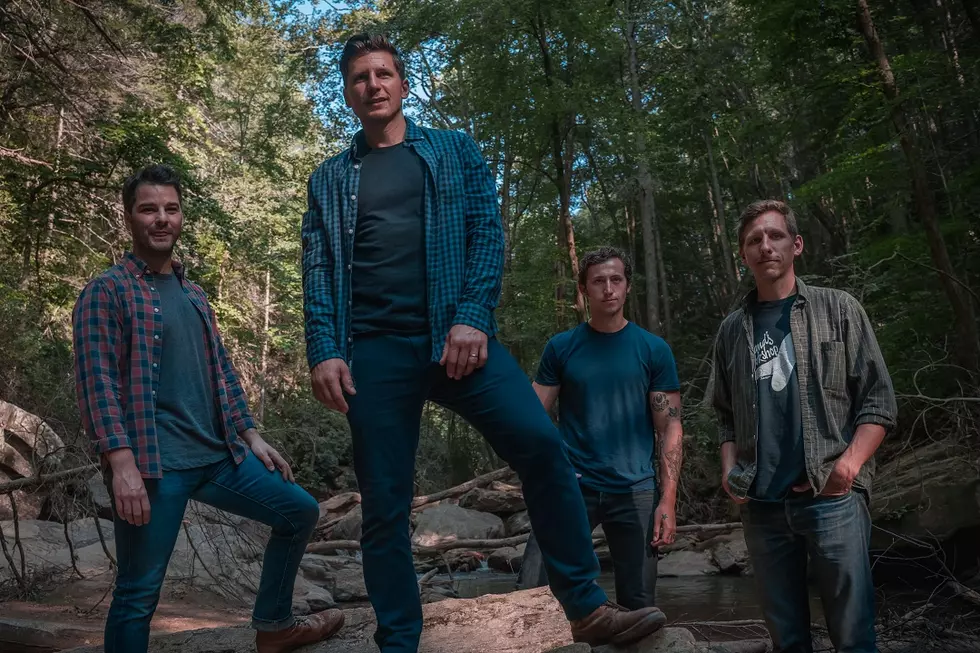
The Early November on Why Going On Hiatus Was Great for Their New Album ‘Lilac’
After a year of delays, nobody is happier for the release of The Early November’s new album, Lilac, than frontman Ace Enders.
The New Jersey band have been a staple in the pop-rock genre for nearly 20 years, even with a hiatus sidelining the group for four of them. Their expert songwriting and relatable lyrics are just the tip of the iceberg when it comes to what has kept them perpetually relevant after all this time.
The Early November’s fifth full-length record, due out September 27, boasts a vast soundscape of lush instrumentation and pitch-perfect pop melodies—something Enders says he embraced in his songwriting this time around.
“I held back from that [pop] stuff so much on the last album,” the singer shares. “Anything that could have been a hook, I turned the other way with it. If I do that, then I’m just forcing it. I really want to be genuine with where I am. It’s a little bit different but it’s a cool change.”
Ahead of the band’s album release, Enders revealed how album delays changed the record for the better, the group’s hiatus and what he hopes The Early November will ultimately do for his children.
Do you feel like the delays helped Lilac become a stronger album, or was it just frustrating?
I think it was both but looking back on everything, it definitely helped. Half of the songs would be different at this point. It started out as a depressing, sad album with a theme about addiction and figuring it all out. It was ready to come out but I was really struggling with it because creatively, I knew I could do better and not have a such a dreary record. I’ve always been the kind of guy to take a positive swing at everything, even though you could be really depressed. The one quality that I have in those dark moments is that I could somehow pull myself in a different direction. I think being able to do that with the record and having it evolve ... into something positive is something really cool that we’ve never done.
Lilac will be your third record since the band came back from hiatus. What’s the difference between the first part of your career and now?
The first part of our career was such a learning experience. Going into it, we were so young at the time with no experience—wasting so much money, energy and touring an insane amount and not thinking of where we’d eventually end up. It was ultimately one of the main things that made us all go our separate ways. When we ended the first time, it was pretty miserable how it happened and getting back to it was a refreshing thing. Now, there’s a lot more thought and intention behind things. We always did that with records, but the last record we made before we broke up was the triple-disc album—and that thing just made me go absolutely insane.
It was only your second album and it was three discs. I feel like nobody does that anymore.
It was a thorn in my side for the longest time. I felt like it didn’t come out 100% how I would have liked, and then the support from the record label fell from it. Now, I’m glad that it happened the way that it did. You’re right—people don’t do things like that anymore and especially three albums that are supposed to be a concept. I don’t think anyone’s ever done that. If I have anything to hang my hat on as an artist, it’s like, “I did that.”
Lilac, like much of your material, manages to create a concise aesthetic in its sound, title and album art. What about lilacs inspired you on this LP?
The last track on the album is where the title came from and I always visualized it as something beautiful. The lilac’s meaning is “purity,” so there are beautiful, pure things, but it’s dressed up in life, which is at times dreary and disturbing. I think one of the themes with Lilac is that it all starts as a pure thing. The image of it being overgrown with lilacs everywhere and tall grass... it’s a play on that.
The Early November are one of the few bands that have stuck around all this time, even with the hiatus. What keeps you going to continue making music together?
I have kids—my son is about to turn 10 and my daughter is 7. I remember being a kid and I was like a bottom-of-the-barrel kid. I couldn’t read, I had learning disabilities, I had social disabilities. I was put in classes where I would get all these tests and medications and whatever. But when I was 18, I started discovering writing music, and being from a small town, that wasn’t something that really happened in life. I ended up joining a band and when we were going to make our first recording, they ended up hiring another singer and not telling me. That’s when I started The Early November. At that point, my friends just kicked me out of a band and my family didn’t believe in me.
My girlfriend at the time, who is now my wife, we went on this journey together and it changed my life. It gave me confidence and made me feel human. Now, having my own kids not that far behind that age, they come to shows and see what the songs mean to other people. It’s the one thing that pushes me to continue with this project—to show them, “You can do anything.” It’s something I hope they take with them forever.
Best Albums of 2019
More From PopCrush


